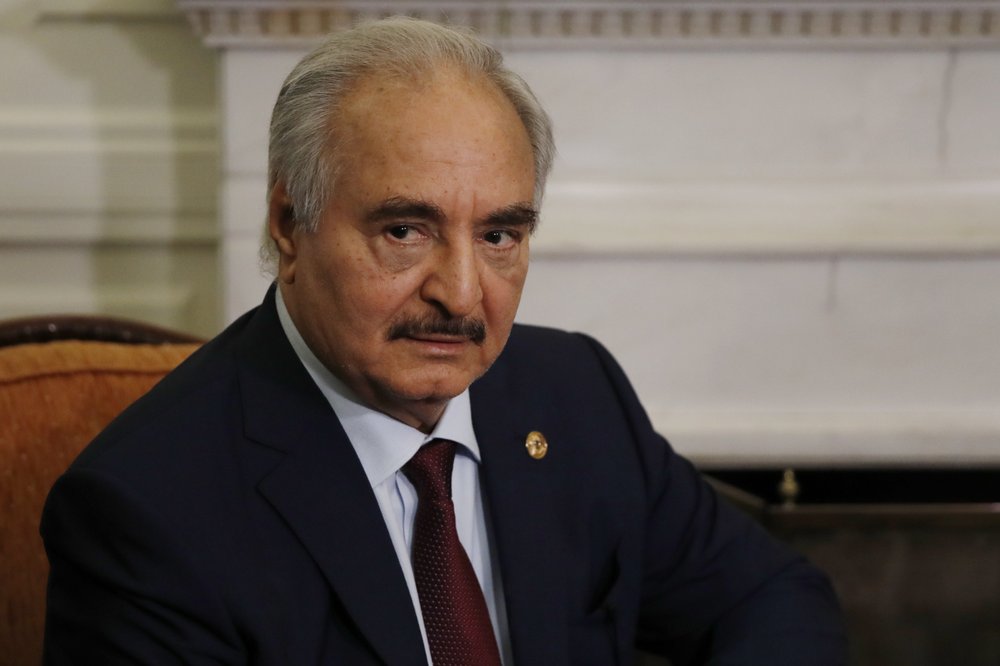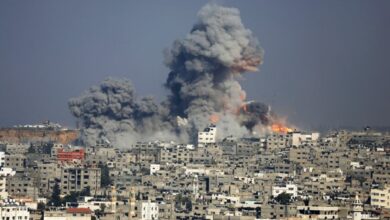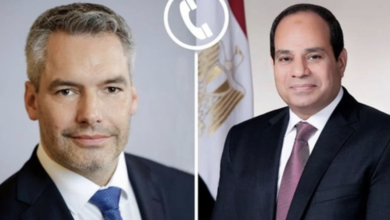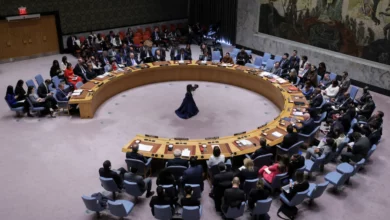
GENEVA (AP) — The UN mission in Libya said Monday that the country’s warring sides had agreed to turn a shaky cease-fire into a lasting deal, stirring modest hopes after weeks of sporadic violence that derailed negotiations.
As the latest round of UN-mediated talks between rival military leaders wrapped up in Geneva, both sides reached a draft deal “to facilitate the safe return of civilians to their areas,” according to a UN statement.
The return of thousands of displaced civilians will be monitored by military representatives in Geneva with support from the UN mission in Libya.
The delegates negotiating on behalf of Libya’s rival administrations must now send the draft for approval to their respective leaders who have the power to halt the fighting, a prospect that faces further obstacles. The representatives promised to reconvene in Geneva next month to hammer out details of the deal’s implementation.
Monday’s apparent breakthrough came days after eastern-based forces under the command of Khalifa Hafter escalated their attacks on the capital of Tripoli. The attacks hit Tripoli’s civilian seaport, narrowly missing an explosive liquefied petroleum gas tanker and prompting the UN-backed government in Tripoli to pull out of talks. The negotiations resumed days later, with expectations for an agreement low.
The current cease-fire was brokered in January by Russia and Turkey, which back opposite sides in the conflict. A high-profile international summit followed in Berlin, where world powers with interests in the oil-rich North African country pledged to push for the cease-fire and uphold a widely flouted arms embargo.
Developments on the ground have repeatedly defied diplomatic efforts to resolve the crisis. Foreign backers keep pouring weapons into the country, the UN alleges. Fighting continues around the capital, as each side accuses the other of violating the cease-fire.
The United Arab Emirates and Egypt, as well as France and Russia, support Hafter’s self-styled Libyan Arab Armed Forces. The embattled Tripoli administration, which controls just a shrinking corner of western Libya, has increasingly relied on Turkey for military aid.
The latest round of fighting in Libya started last spring, when Hafter launched his assault on the capital in a bid to wrest power from the UN-backed government. The siege has killed thousands of people, and displaced over 150,000, according to the UN.
Image: Libyan Gen. Khalifa Hafter joins a meeting with the Greek Foreign Minister Nikos Dendias in Athens, Friday, Jan. 17, 2020. The commander of anti-government forces in war-torn Libya has begun meetings in Athens in a bid to counter Turkey’s support for his opponents. (AP Photo/Thanassis Stavrakis)




